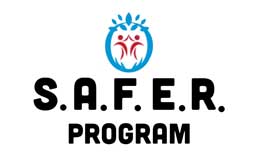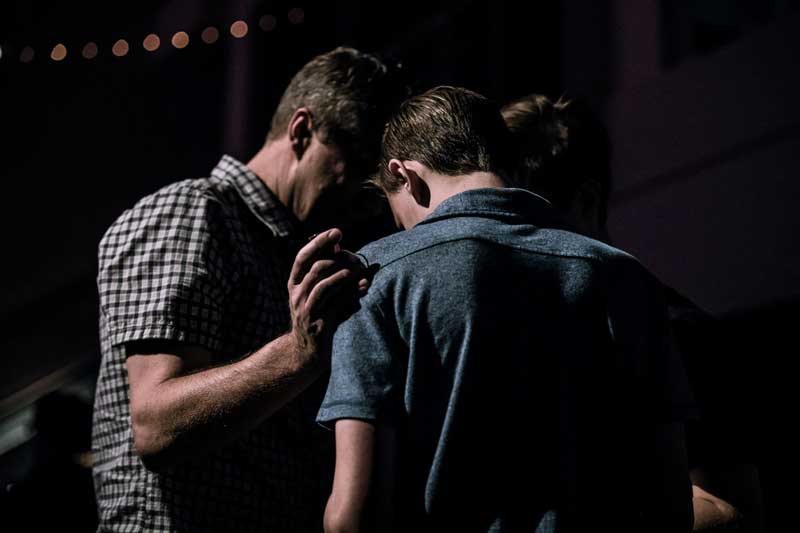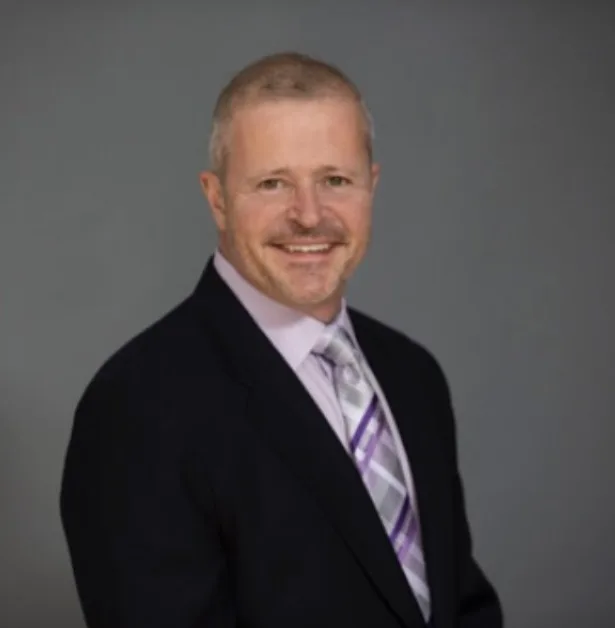He has received numerous local and national awards:
“Top Doc” Pediatric Emergency Medicine (5280 Magazine)
Penn Pearls Teaching Award (University of Pennsylvania School of Medicine)
Outstanding Resident Physician (Children’s Hospital of Philadelphia)
Willis Wingert Best Paper (American Academy of Pediatrics)
Penn Med Scholar (University of Pennsylvania School of Medicine)
Best Emergency Medicine Research Award (University of Wisconsin School of Medicine)
A unique perspective on teen substance abuse:
In addition to being a pediatrician, Dr. Hampers was a prescription opiate addict himself and has been on his own recovery journey for 15 years. He has seen first-hand how untreated addiction wreaks havoc on personal and professional relationships. He is closely engaged with the rehabilitation community and 12 step programs in Colorado. He is regularly invited to speak to CU medical students about the dangers of addiction in healthcare workers.
He understands how important it is for healthcare providers to evaluate patients with compassion, empathy and without judgment.





